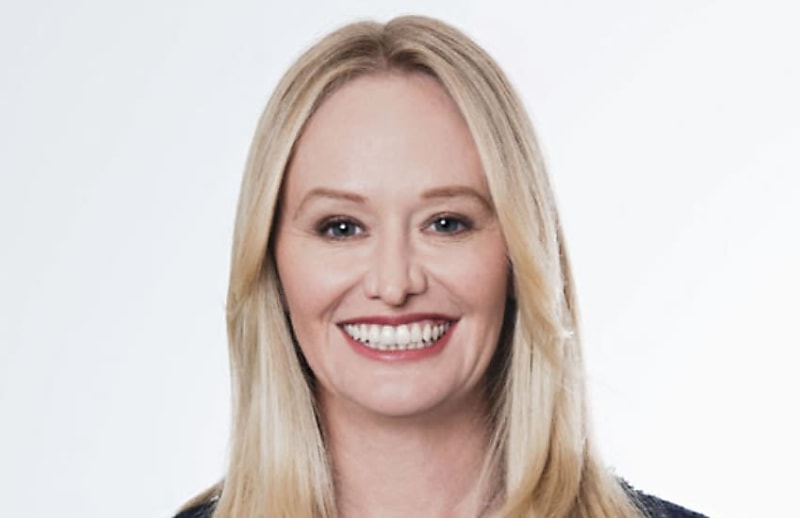Record peak demand for accountants has led to 9,000 vacancies and the government must tackle a triplet of issues to solve the problem, the profession’s Jobs and Skills summit representative said on the eve of the event.
An increase in skilled migration, more support for training and lifting workforce participation should be top of Australia’s action plan, said CA ANZ chief executive Ainslie van Onselen.
You’re out of free articles for this month
Although migration was not a “silver bullet” for the skills drought, it was the only answer in the short term, she said.
“That’s why we support urgently resourcing and addressing the skilled visa processing backlog, maintaining the preference for skilled migrants in the migration program, and more specifically the migration of accounting and finance professionals, who play such an important role in supporting post-pandemic growth,” Ms van Onselen said.
“This is not just an Australia problem, but a global one, and the best talent will go where they can easily access work.”
Item two on the action plan should be boosting Australia’s domestic skills, training and education capacity.
“Enrolments in accounting degrees sunk by almost 3,000 students in 2021, coinciding with the Job Ready reforms that reduced Commonwealth contributions to these courses, as well as increases to student contributions by $3,000 per year,” she said.
“We need to consider the fact there are different policy, regulation and governance arrangements for Vocational Education and Training and higher education, but very little support for learning and credentialing outside these contexts. We need to explore more support for short courses and micro credentials.
“Added to that, we need to address the fact that learners are generally entitled to financial support for their first qualification but not for further learning and/or shorter form credentials.”
At the same time, the government should examine the settings needed to lift productivity and increase workforce participation, including support for older workers and women.
“Issues surrounding the gender pay gap are not simply about salaries – but they go to other workplace related factors including promotion, bonuses based on tenure, training opportunities and development,” Ms van Onselen said.
“We need to increase women’s participation by closing that gap, improving access to affordable childcare, early childhood education and paid parental leave.”
Part of the solution was changing the rules around superannuation to replace the annual contributions cap with a lifetime cap.
“The annual cap penalises people who can only make larger contributions late in their working career. It is particularly unfair on women who take extended leave to care for children and other family members,” she said.
“And we want to improve support for mature-aged workers and women transitioning back into the workforce through information, retraining, and mentoring including in digital and financial capability.”
Ms van Onselen said the “significant shortfall of talent” in accounting was a problem that went to the heart of Australia’s business capability and long-term goals.
“This is critically important because accountants and auditors ensure the integrity of Australia’s capital markets, businesses, and public sector organisations,” Ms van Onselen said.
“Accountants will be central to helping businesses embrace climate change mitigation and tap into the productivity that can come from an increasingly digital economy.”
She said participants in the summit should come away with an action plan.
“My wish for this summit is to leave without a wish list. We should walk out with a clear plan of action around skilled migration, and reversing tertiary education changes that disincentivise study in industry critical fields,” Ms van Onselen said.
 Login
Login







